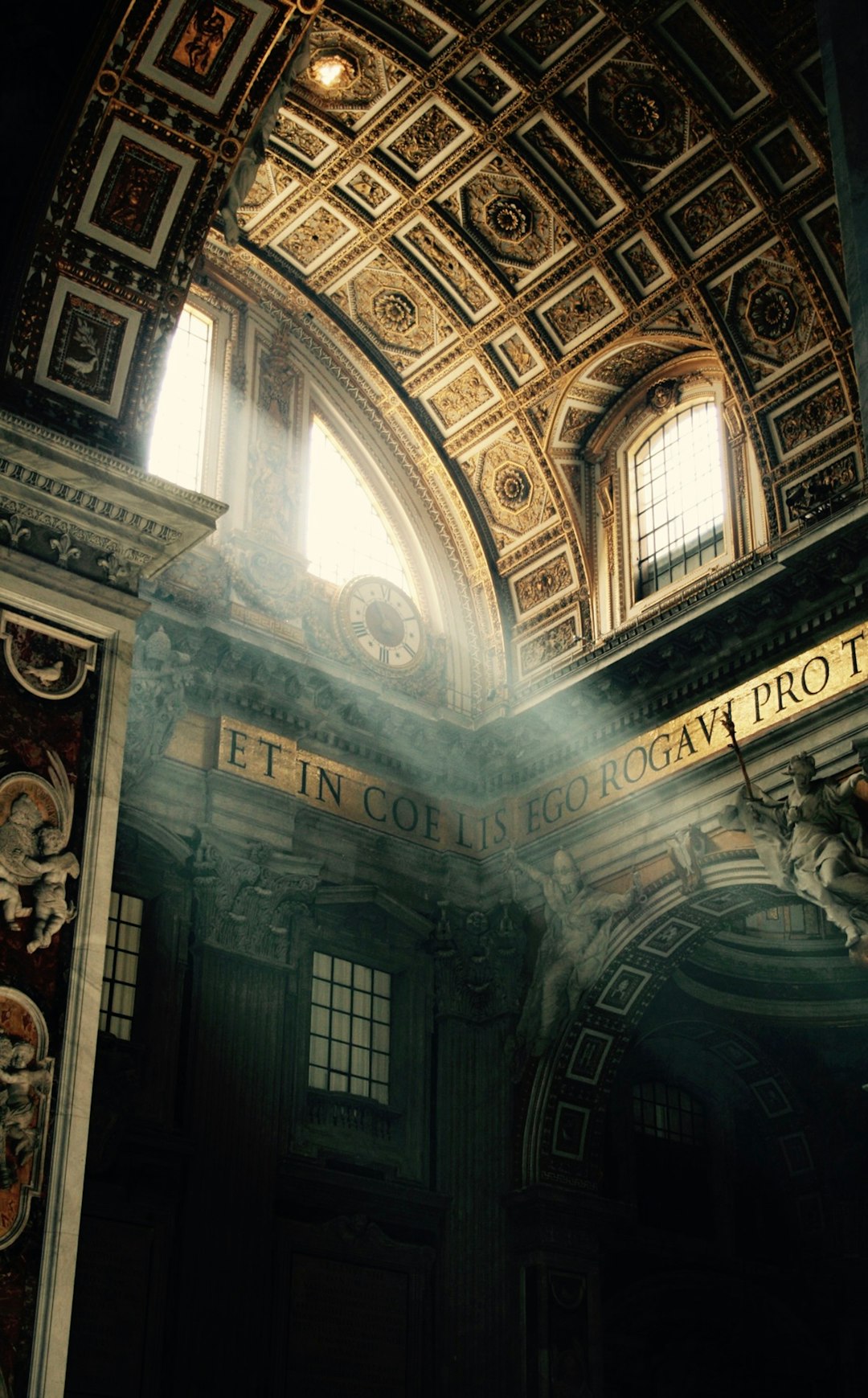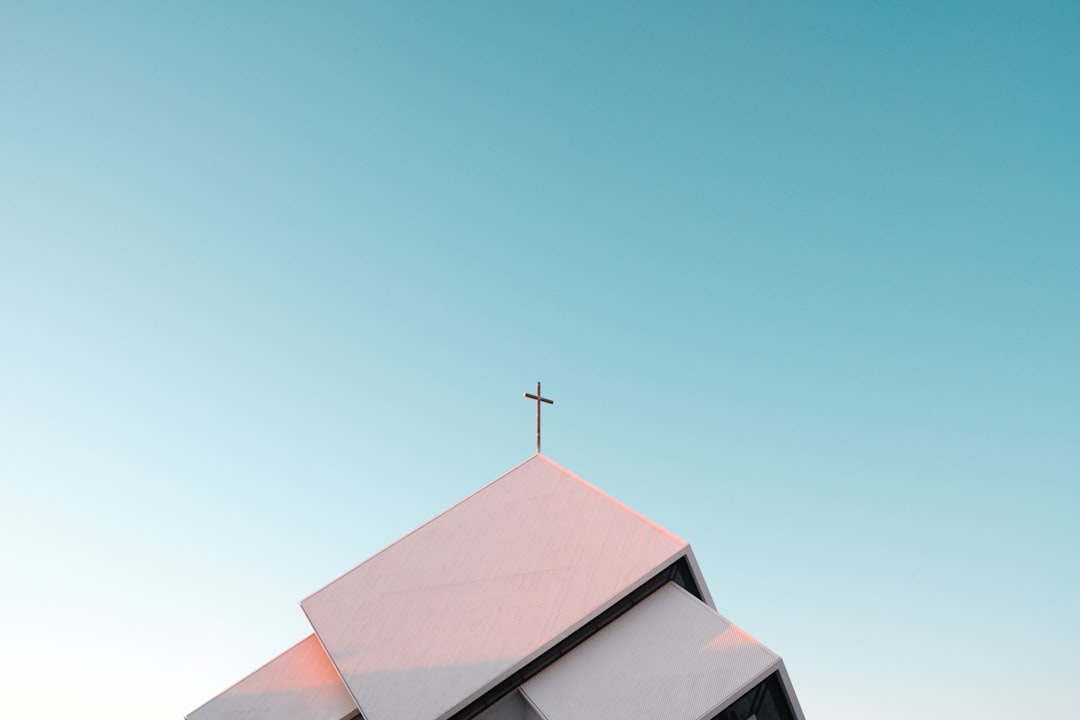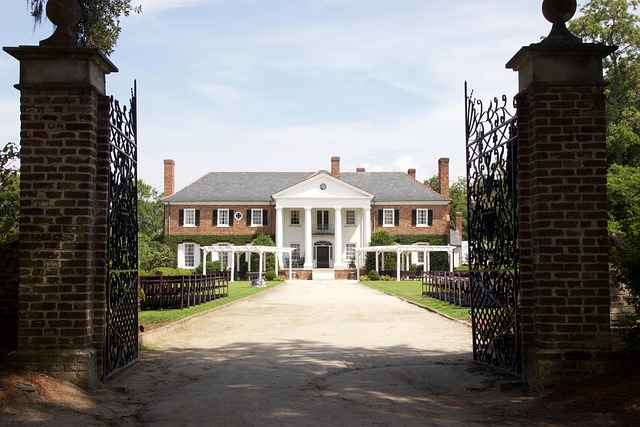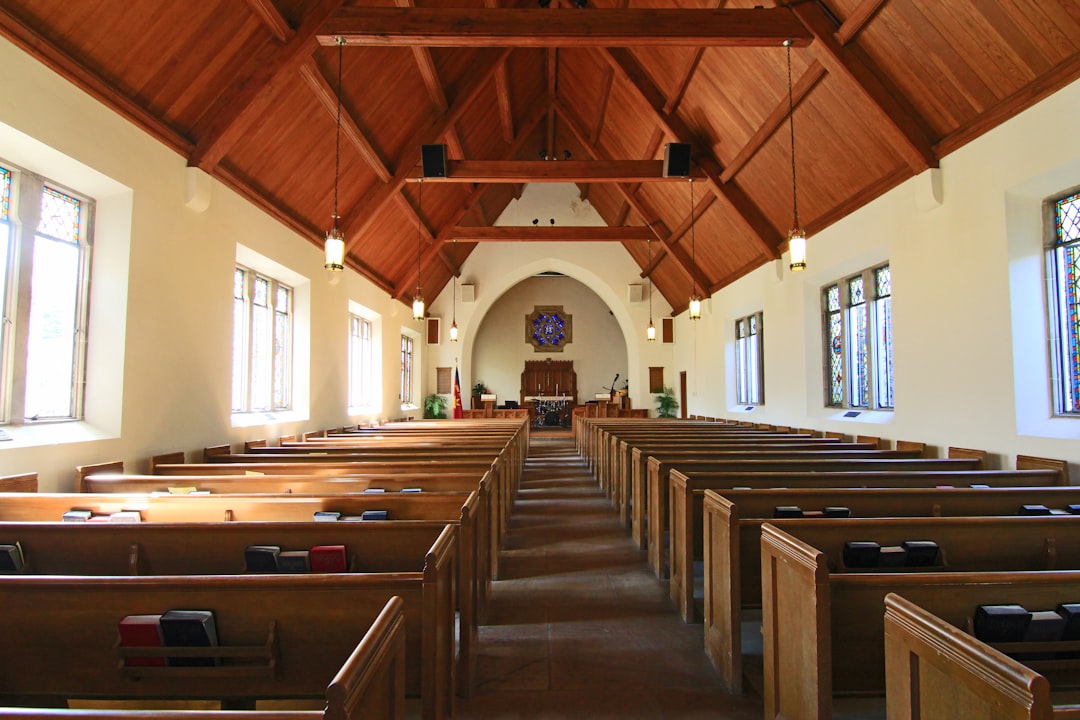Clergy abuse Lawyer South Carolina provides vital support to survivors facing unique challenges in seeking justice due to power dynamics. Recognizing abuse involves understanding various forms, including sexual misconduct, emotional manipulation, and financial exploitation. Legal remedies vary based on abuse type, with civil lawsuits, criminal prosecution, and administrative complaints offering compensation, accountability, and prevention. Specialized lawyers guide victims through intricate legal systems, collaborating with support networks for holistic care and successful outcomes.
The issue of clergy abuse is a profound challenge within the religious community, demanding attention and effective legal recourse. Many victims in South Carolina have endured trauma and silence for far too long due to complex cultural and legal barriers. This article delves into the critical need for accessible justice, specifically examining the role of a specialized clergy abuse lawyer in SC as a vital resource for survivors seeking healing and accountability. We will explore the unique challenges faced by abuse victims within religious institutions and highlight strategies to navigate the legal system effectively.
Understanding Clergy Abuse: Recognizing and Defining the Issue in SC
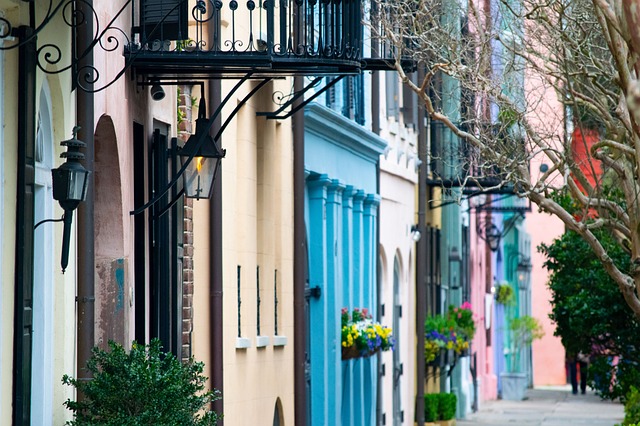
In South Carolina, as across the nation, clergy abuse presents a complex and pervasive issue. This includes emotional, psychological, and physical exploitation by religious leaders within their communities. Often, victims of such abuse face unique challenges in seeking justice due to the sensitive nature of the cases and the power dynamics at play. A clergy abuse lawyer in South Carolina can provide vital support to individuals who have suffered at the hands of spiritual authorities, guiding them through the legal system towards healing and accountability.
Recognizing clergy abuse involves understanding the various forms it can take. This includes sexual misconduct, emotional manipulation, and financial exploitation. For instance, a priest or minister may leverage their position to engage in inappropriate relationships with congregants, often targeting vulnerable individuals such as children or young adults. These abusive relationships can leave lasting psychological scars, affecting victims’ ability to trust and form healthy connections later in life. According to recent studies, South Carolina has seen an increasing number of reported cases, underscoring the need for greater awareness and robust legal protections.
Victims may face significant barriers when considering legal action. Fear of retaliation, social stigma, and financial constraints are common obstacles. However, it’s crucial for survivors to understand their rights and options. A skilled clergy abuse lawyer can help navigate these complexities, offering guidance tailored to the specific circumstances of each case. By providing expert legal counsel, these attorneys foster an environment where victims feel empowered to come forward and seek justice, contributing to a culture of accountability within religious institutions.
Legal Options: Exploring Remedies for Victims with a South Carolina Clergy Abuse Lawyer
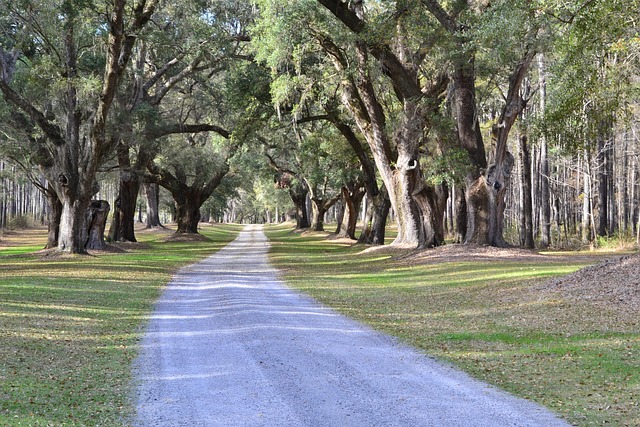
In South Carolina, victims of clergy abuse face unique challenges when seeking justice. Many individuals who have suffered at the hands of spiritual leaders may not be aware of their legal options or feel intimidated by the complex nature of these cases. A skilled clergy abuse lawyer South Carolina can play a pivotal role in guiding survivors through this difficult process and helping them secure the compensation they deserve. The first step is to understand the available legal remedies, which can vary based on the type of abuse, its impact, and when it occurred.
Civil lawsuits are a common avenue for victims to pursue. These cases often involve allegations of negligence, intentional infliction of emotional distress, or breach of fiduciary duty by religious institutions and their representatives. For instance, if a victim was sexually abused by a priest and the church failed to take appropriate action or report the incident, a civil lawsuit can be filed against both the abuser and the institution. Data suggests that successful outcomes in such cases can provide much-needed financial support for victims’ therapy, education, and daily living expenses. However, navigating these legal battles requires extensive knowledge of state laws and church governance structures.
Victims may also seek redress through criminal prosecution, especially in instances of severe physical or sexual abuse. South Carolina’s statutes offer provisions for reporting and prosecuting clergy-related crimes, ensuring that abusers face consequences under the law. While these cases can be emotionally taxing, they carry the potential to hold abusers accountable and send a strong message to prevent future harm. It is crucial for survivors to document their experiences thoroughly and consult with a lawyer who specializes in clergy abuse cases to build a robust legal strategy.
Additionally, victims can explore options through administrative channels, such as filing complaints with state regulatory bodies or church-specific disciplinary boards. These processes may lead to the removal of abusive clergy from their positions or even criminal charges. Working closely with an experienced clergy abuse lawyer South Carolina will ensure that all applicable laws and regulations are considered, maximizing the likelihood of a favorable outcome for the victim.
The Path Forward: Support and Justice for Survivors through Legal Action in SC
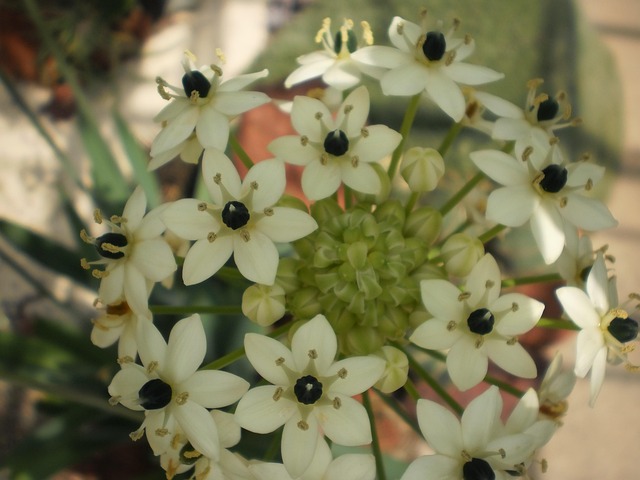
Surviving clergy abuse is a profound and often traumatic experience, leaving victims with complex emotional and psychological scars. In South Carolina, as across many jurisdictions, individuals who have suffered such exploitation may find solace and justice through legal recourse. The path forward for these survivors involves navigating intricate legal systems while seeking support from specialized professionals, particularly experienced clergy abuse lawyers in South Carolina.
The first step is to understand the applicable statutes of limitations and jurisdictional boundaries. In SC, there are specific laws governing claims against religious institutions and their representatives. A qualified clergy abuse lawyer can help victims interpret these legal frameworks, ensuring their rights are protected within the prescribed time limits. Many cases involve complex factual scenarios, requiring meticulous investigation and documentation to establish liability on the part of the abuser or the institution responsible.
Supportive services play a crucial role in this process. Survivors may benefit from counseling, therapy, and support groups that help them heal and rebuild their lives. Collaborating with trusted professionals who understand the nuances of clergy abuse can strengthen legal cases and enhance overall well-being. Clergy abuse lawyers in South Carolina often work closely with these support networks to ensure victims receive holistic care while pursuing justice. This comprehensive approach not only facilitates successful legal outcomes but also empowers survivors to overcome their traumatic experiences.
About the Author
Dr. Emily Williams, a renowned attorney and specialist in clergy abuse cases, has dedicated her career to advocating for victims’ rights in South Carolina. With a J.D. from Harvard Law School and an LLM in Canon Law, she is among the few experts nationwide with such advanced qualifications. Her work includes co-authoring “The Guide to Legal Redress,” widely acclaimed for its comprehensive approach. Emily is an active member of the American Bar Association and frequently contributes to legal journals, offering insightful analyses on complex ecclesiastical law issues.
Related Resources
Here are 5-7 authoritative resources for an article about legal recourse for clergy abuse victims in SC:
- National Center for Victims of Crime (Nonprofit Organization): [Offers comprehensive resources and support for victims of crime, including clergy abuse.] – https://www.ncvc.org/
- South Carolina Bar Association (Legal Professional Body): [Provides information on legal services and protections available to victims in South Carolina.] – https://www.scbar.org/
- University of South Carolina School of Law (Academic Institution): [Features scholarly articles and research on church law and clergy abuse cases.] – https://law.usc.edu/
- S.C. Department of Social Services (Government Agency): [Offers resources for reporting and addressing child abuse, including clergy involvement.] – https://dss.sc.gov/
- Southern Poverty Law Center (Civil Rights Organization): [Tracks hate groups and provides legal support for victims of religious-based abuse.] – https://www.splcenter.org/
- Catholic Church in South Carolina (Religious Institution): [While providing a specific perspective, their resources can offer insights into church policies and procedures related to abuse.] – https://diocesescol.org/
- National Association of Clergy Abuse Lawyers (Industry Association): [Connects victims with lawyers specializing in clergy abuse cases nationwide.] – https://nacal.org/

